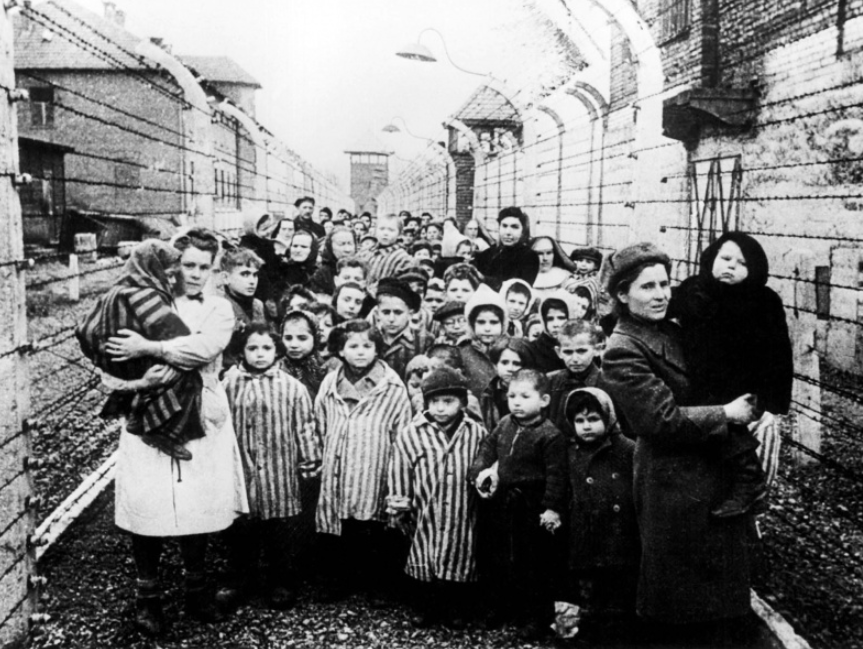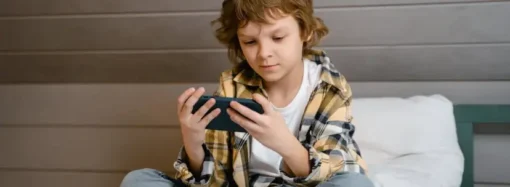Eva Kor passed on July 4, 2019. Having survived the Nazis, Kor then worked to liberate the human heart. She founded the CANDLES Holocaust Museum and Education Center in Terre Haute, Indiana.
Kor was born in Romania in 1934. In 1944, the Nazis transported her and her family to Auschwitz. Immediately upon disembarking, her father and her two older sisters were gassed to death; soon after, the same fate befell her mother. At age 10, Eva and her twin sister Miriam were kept alive as human guinea pigs under the direction of the infamous Dr. Josef Mengele. Most of the children used in Mengele’s experiments perished, but Eva and Miriam survived.
Mental anguish from her ordeal persisted long after Kor was physically free from the Nazis. She was safe in Indiana, but the Nazis still occupied her mind.
In the movie Forgiving Dr. Mengele, Kor explains how she came to realize that she had the power of choice: “Whatever was done to me is no longer causing such pain that I cannot be the person I want to be.” She saw that by not forgiving the Nazis, she was condemning herself too, and decided the way out of her pain was forgiveness.
When she forgave, she finally felt free “from all the burden the pain inflicted on [her].” Forgiveness released Kor from her time-bound, self-inflicted mental wounds.
In her book Surviving the Angel of Death: The True Story of a Mengele Twin in Auschwitz, Kor explains it was not just the Nazis she needed to forgive. She forgave her parents for not protecting her. She forgave herself for her harsh judgment of her parents.
She writes: “Forgiveness is not so much for the perpetrator, but for the victim. I had the power to forgive. No one could give me this power, and no one could take it away.”
Kor then shares this evocative description of the process of forgiveness:
I look at forgiveness as the summit of a very tall mountain. One side is dark, dreary, wet, and very difficult to climb. But those who struggle up and reach the summit can see the beauty of the other side of the mountain, which is covered by flowers, white doves, butterflies, and sunshine. Standing at the summit we can see both sides of the mountain. How many people would choose to go back down on the dreary side rather than stroll through the sunny flowered-covered side?
Are we willing to make the difficult journey climbing up the dark, dreary side of the mountain? Kor tells us forgiveness “will heal your soul and set you free.” If that is true, wouldn’t we want to make the journey?
Psychologist Dr. Fred Luskin, in his book Forgive for Good uses a metaphor to explain the harm we are inflicting on ourselves by our lack of forgiveness:
Picture the crowded screen in front of a harried air traffic controller. Picture the chaos in the room and the jumble of planes on the screen. Now imagine that your unresolved grievances are the planes on that screen that have been circling for days and weeks on end. Most of the other planes have landed, but your unresolved grievances continue to take up precious air space, draining resources that may be needed in an emergency. Having them on the screen forces you to work harder and increases the chance for accidents. The grievance planes become a source of stress and burnout is often the result.
Fortunately, for most of us, our life experience will never be as extreme as Kor’s. Yet, most of us have suffered wounds of our own. Many of us pick and scratch the scab every day, opening the wound again and again. We believe the cause of our suffering is in the world, as we continue picking and scratching.
Kor taught that we are deceiving ourselves. The cause of our suffering is a decision we make in our mind. Having become accustomed to hearing the voice of blame, we believe it is the only voice that lives inside us. Not true, Kor would say. Be still; a new voice will soon come to teach you another way.
Why, unlike Kor, do we relish the wounds of our victimhood? The answer is clear: As victims, we have someone or something to blame for not being “the person (we) want to be.”
If you don’t have the life you want, Kor might counsel, don’t double-down on mistaken ideas about life. Don’t rehearse your blaming thoughts keeping painful wounds open.
Eva Kor implores us, “Never give up on yourself or your dreams, for everything good in life is possible.” Her insight shows us the way: Forgiveness puts us on the path to a tranquil mind and a good life.
—
Dear Readers,
Big Tech is suppressing our reach, refusing to let us advertise and squelching our ability to serve up a steady diet of truth and ideas. Help us fight back by becoming a member for just $5 a month and then join the discussion on Parler @CharlemagneInstitute!
Image Credit:
Public Domain
















1 Comment
Linda Meyer
July 26, 2023, 10:04 amShe is a much better person than I. I could have never forgiven the Nazis.
REPLY